- A
- A
- A
- ABC
- ABC
- ABC
- А
- А
- А
- А
- А

Higher School of Economics
National Research University-
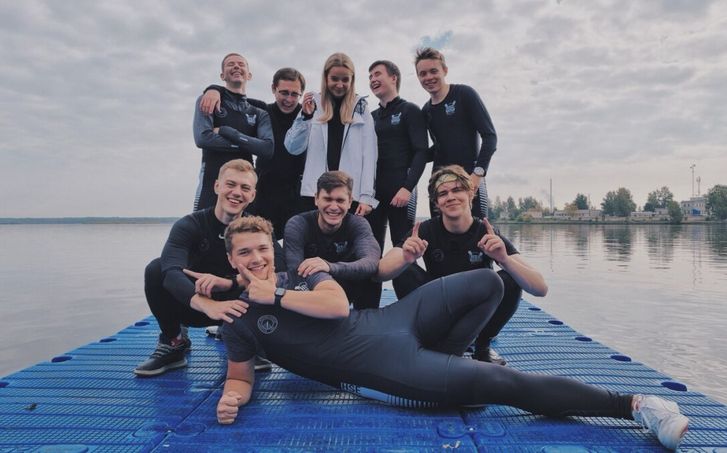
HSE University Places Third among Russia’s Student Rowing Teams
At the end of the winter season of the Russian Student Rowing League, the men's and women's rowing teams from HSE University achieved their best results. The men's crew became the bronze medallist of the winter season, and the women were one step away from the pedestal—in fourth place.
-
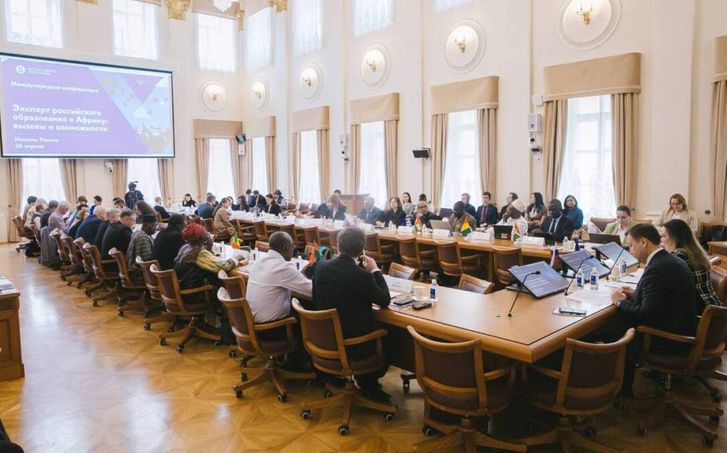
Keeping Dialogue Open with Africa: Rectors of Regional Universities Visit HSE
At the end of April 2024, HSE University hosted an international conference ‘Export of Russian Education to Africa: Challenges and Opportunities.’ The event was attended by leaders of universities from Mali, Burkina Faso, Burundi, Niger, and Guinea. Together with their Russian counterparts, they outlined paths for the development of humanitarian relations and agreed on possible cooperation.
-

Scientists Propose Star-Shaped Diffusion Model
Scientists at the AI Research Centre and the Faculty of Computer Science at HSE University, the Artificial Intelligence Research Institute, and Sber AI have come up with novel architecture for diffusion neural networks, making it possible to configure eight distinct types of noise distribution. The results were presented at the NeurIPS 2023 conference.
-
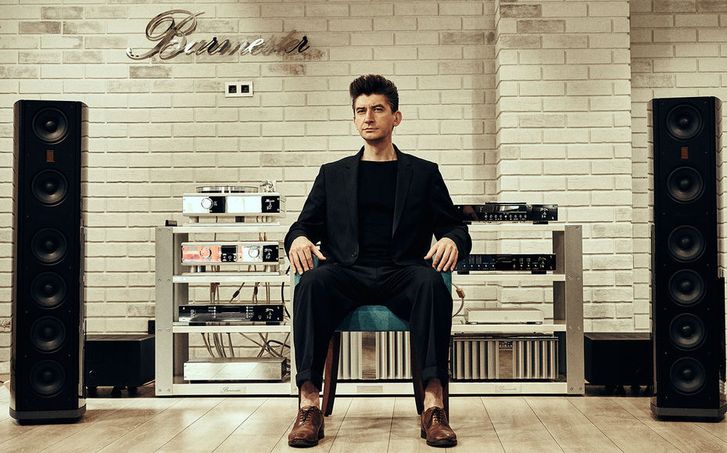
Mikhail Borzenkov: ‘Sound Art Is Music Freed from the Dictate of Melody’
Sound is a combination of waves surrounding us every second. And sound is also the basis upon which the track of ‘Sound Art & Sound Studies’ at HSE Art and Design School is built. What is sound art? How and why does it intersect with audiophilia? We discussed these topics and much more with Mikhail Borzenkov—an audiophile, TV presenter, blogger, and the new curator of the ‘Sound Art and Sound Studies’ track.
-
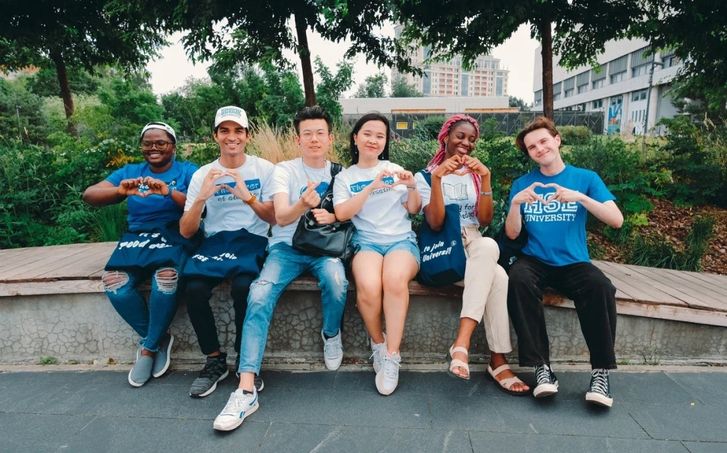
Study Tour Experience for International Master's Applicants: Immerse in HSE University Student Life
The Study Tour Experience is a project for those who want to experience HSE student life and upgrade their CVs. In the fall semester of the 2024/25 academic year, the Study Tour Experience is planned for November 11–23, 2024.
-

Mongolia's Forests Found to Be Poorly Adapted to Climate Change
Compared to meadows and steppes, the montane forest ecosystems in Northern Mongolia display less self-organisation, making them more susceptible to the impacts of climate change. This is the conclusion of a team of researchers led by Robert Sandlerskiy, Head of the International Laboratory of Landscape Ecology of the HSE Faculty of Geography and Geoinformation Technology.
-
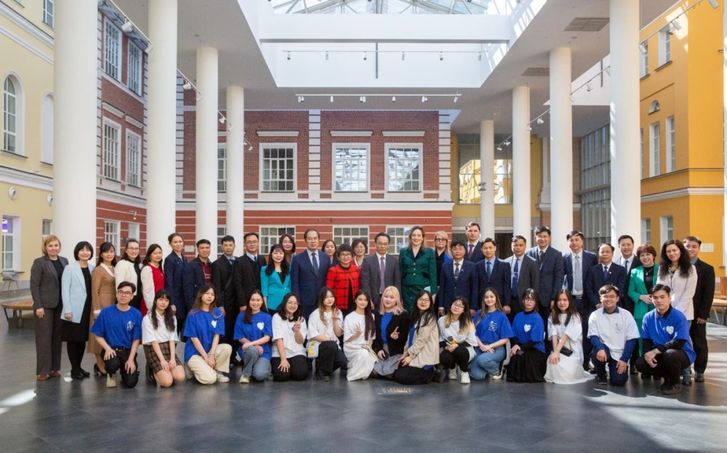
Delegation from Vietnamese Universities Visits HSE University
In April 2024, Deputy Minister of Education and Training of the Socialist Republic of Vietnam Hoang Minh Son and a delegation from top Vietnamese universities visited the HSE Pokrovka campus. The parties discussed prospects for the development of bilateral relations in higher education and identified priority areas for continued partnership.
-
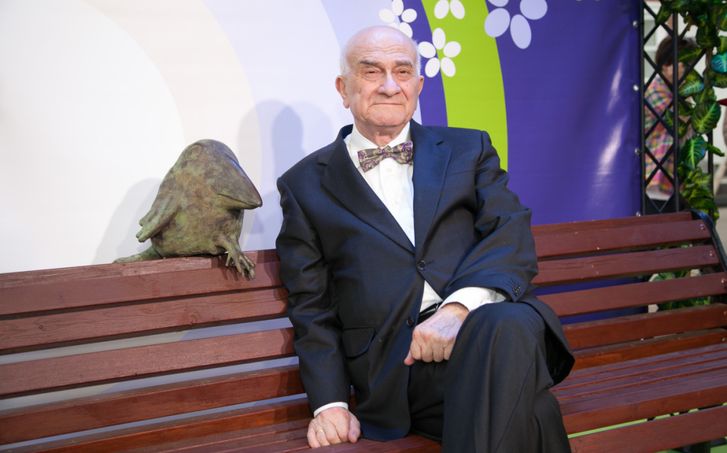
Economist, Educator, Patriot
May 7, 2024, marks the 90th anniversary of Evgeny Yasin, one of the founders of HSE University and its Academic Supervisor. Dr Yasin, an outstanding statesman, economist, and politician, passed on September 25, 2023. Below, his colleagues, both at HSE University and beyond, remember working with him.
-

New Method Enables Dyslexia Detection within Minutes
HSE scientists have developed a novel method for detecting dyslexia in primary school students. It relies on a combination of machine learning algorithms, technology for recording eye movements during reading, and demographic data. The new method enables more accurate and faster detection of reading disorders.
HSE University in St Petersburg International Partners’ Days
19:00
Master of International Business Programme online consultations on for prospective students
Interdisciplinary Conference 'Researching the Deaf Community'
19:00
End of the Year Wrap Up Meeting for International Students at the Faculty of Economic Sciences
15:00
International competition 'BRICS Anthem'
Competition entries in the nomination 'Young Composer' are accepted till May 31, in the nomination 'Young Poet' - till August 31
Student Voices
International Students Support
+7 495 772-95-90, ext. 27661
Emergency hotline: +7 (985) 040-13-55
Main campus: 11 Pokrovsky Bulvar
Deadline for application - March 17, 2024